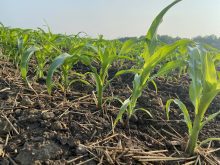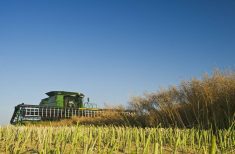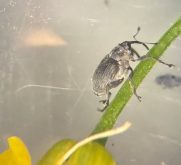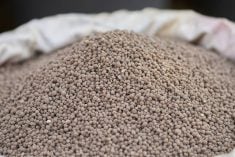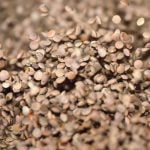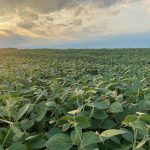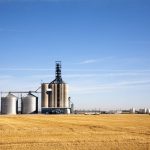REUTERS / Saskatchewan will not force its first two farms infested with clubroot disease to stop growing canola for a number of years, as some Alberta municipalities have done, a government official for the western Canadian province said Oct. 5.
Provincial officials will help the farmers and local government authorities make plans to contain the disease, said Faye Dokken- Bouchard, the province s plant disease specialist.
Those will include recommendations that are already standard for all farmers not to grow canola more often than once every four years, scouting fields and cleaning equipment before moving it from field to field.
Read Also

Manitoba Crop Alliance’s 2026 board includes two new faces
For 2026, two new delegates join the Manitoba Crop Alliance’s board of directors, which in turn has re-upped the crop producer organization’s executive from 2025.
I m giving the grower the empowerment to come up with a plan and work together, rather than putting (canola rotation) into a regulation, she said. But that doesn t mean it couldn t happen in the future.
Many Alberta municipalities have banned canola plant ing on infected fields for several years, said Murray Hartman, Albert a s oilseed specialist.
That province had more than 500 infested fields as of last autumn and another 200 to 300 were detected this year, he said.
The most critical step to containing clubroot is to ensure infected soil doesn t move to new fields, said Rod Merryweather, North American director of seeds and traits at Bayer CropScience.




